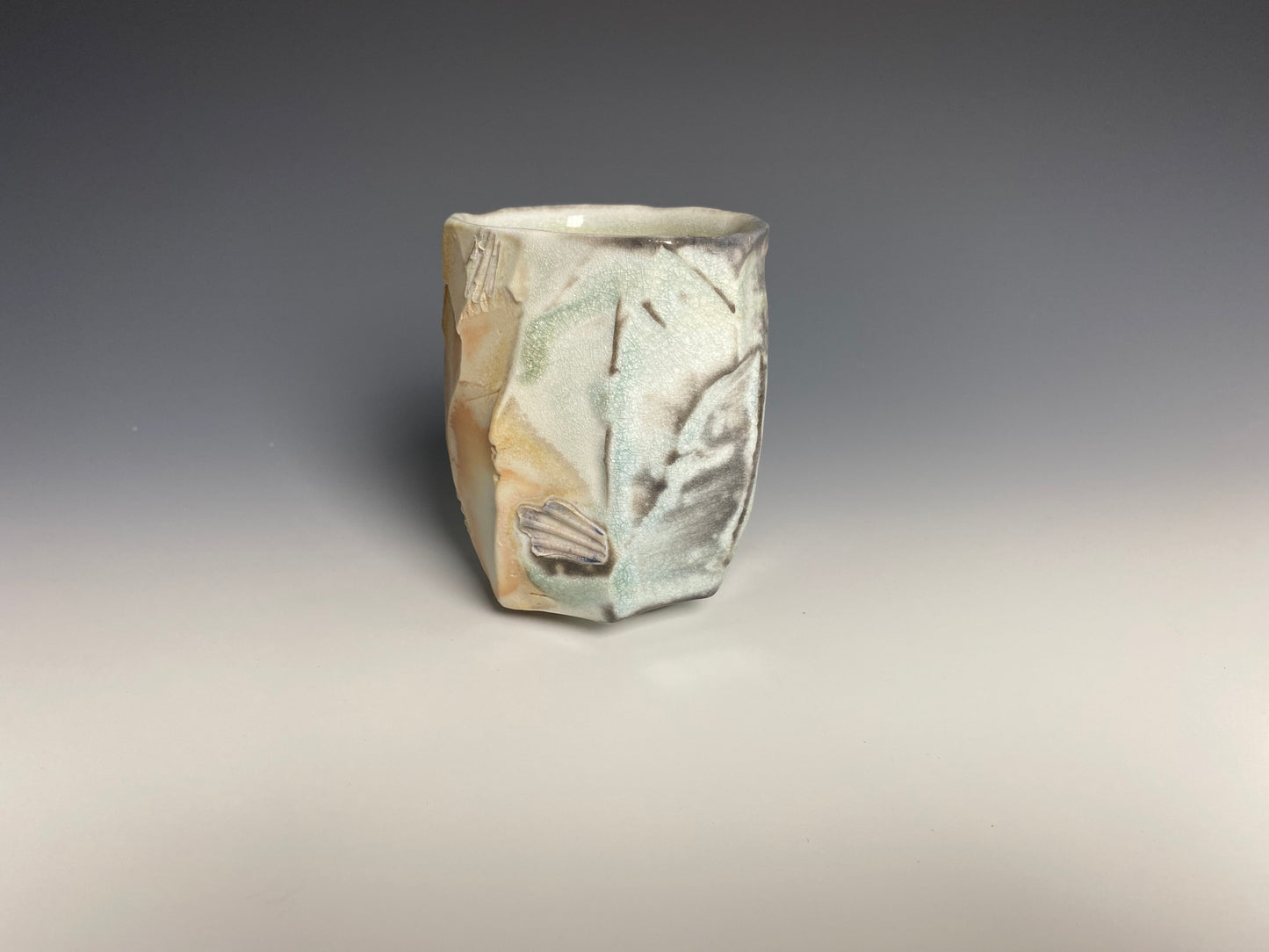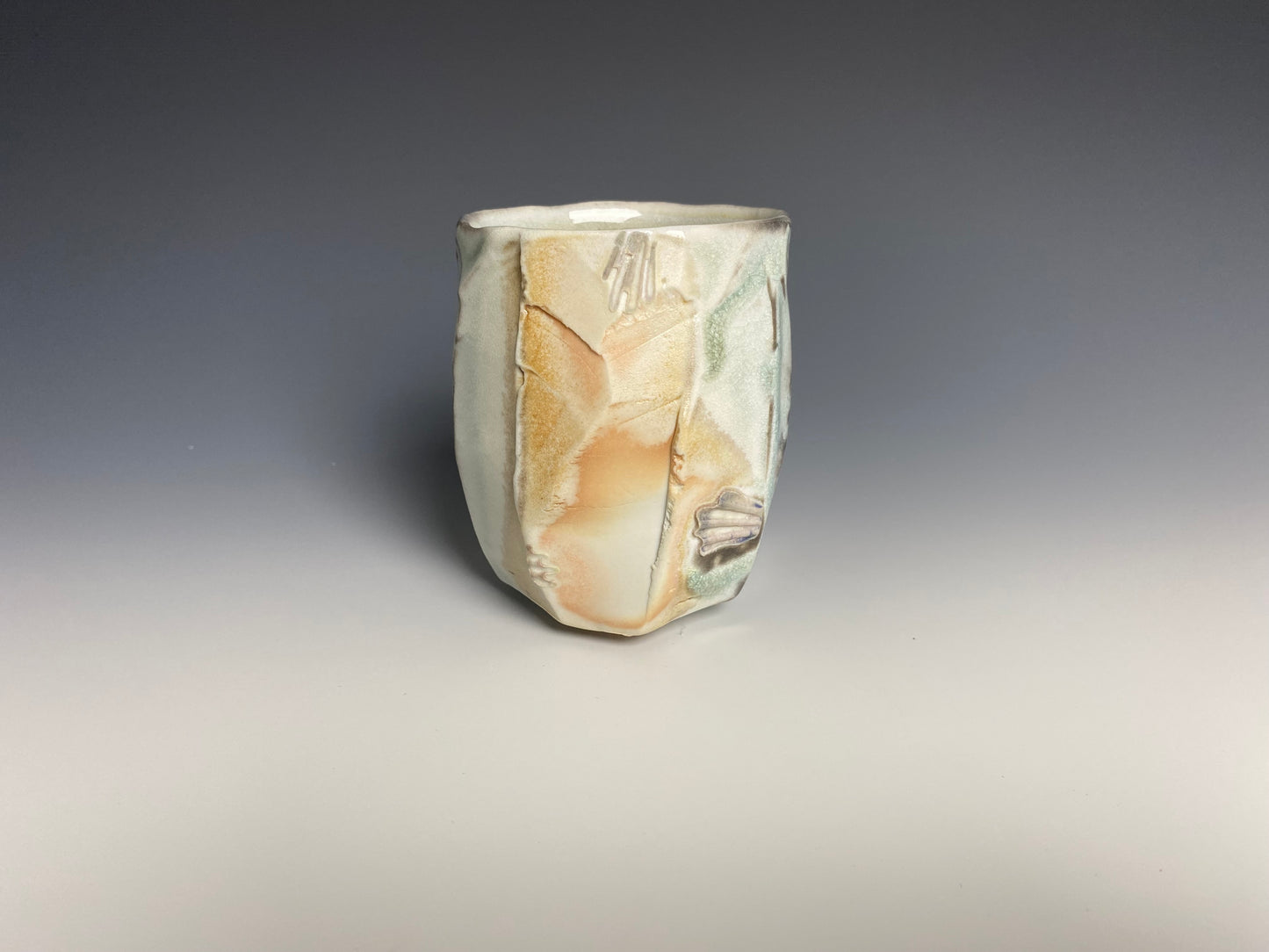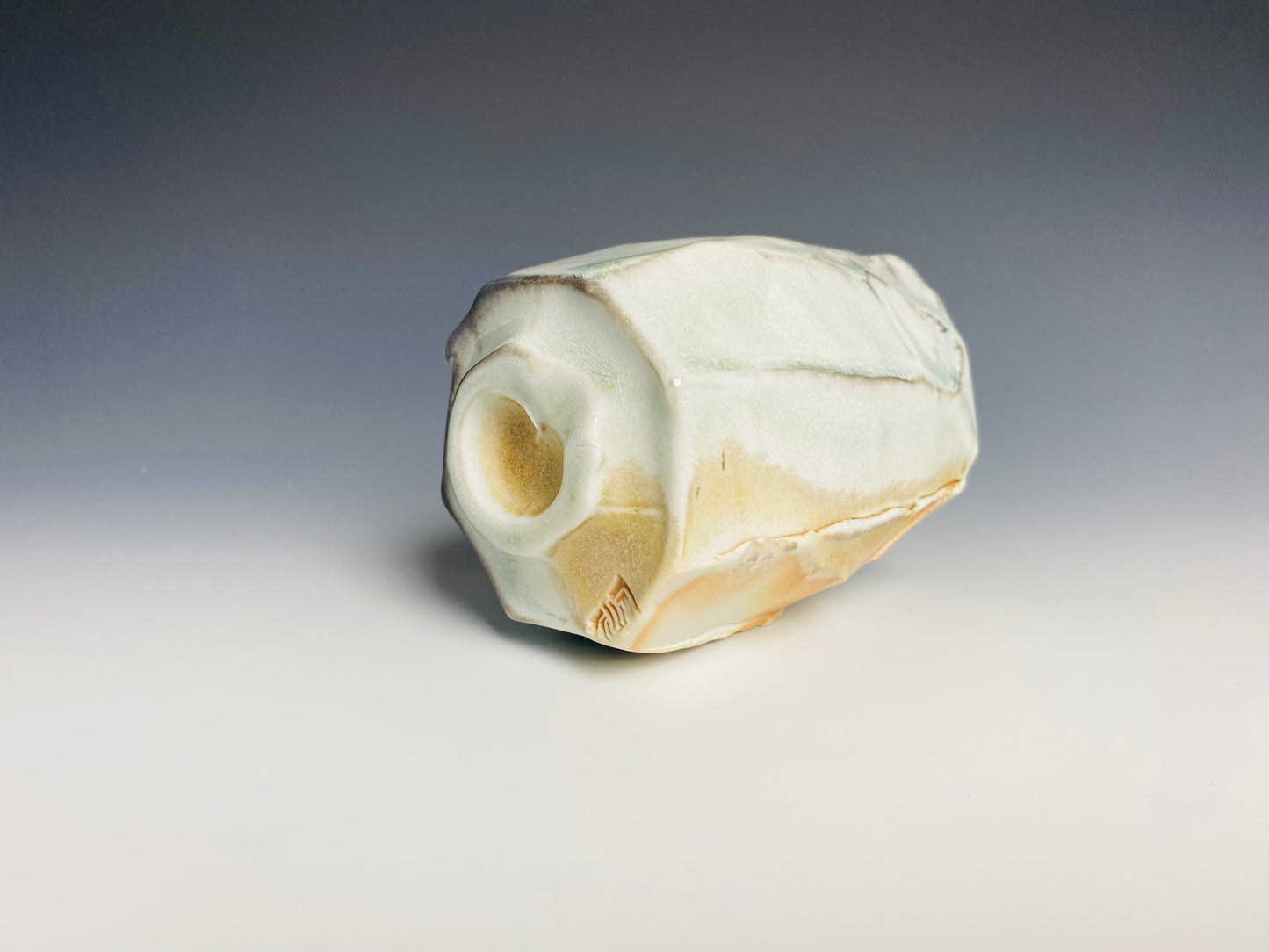Discovering the Beauty of Yunomi: A Journey into Japanese Teacups
Share
 In the world of tea, few objects hold as much significance and elegance as the yunomi. These Japanese style teacups offer a unique blend of culture, history, and practicality that has captivated tea enthusiasts for centuries. Join us on a journey into the enchanting world of yunomi as we uncover their history, significance, and the artistry behind these beautiful teacups.
In the world of tea, few objects hold as much significance and elegance as the yunomi. These Japanese style teacups offer a unique blend of culture, history, and practicality that has captivated tea enthusiasts for centuries. Join us on a journey into the enchanting world of yunomi as we uncover their history, significance, and the artistry behind these beautiful teacups.
The Essence of Yunomi
Yunomi, pronounced "yoo-no-me," is a term that translates to "teacup" in Japanese. These teacups are different from the well-known chawan, or matcha bowls, used in traditional Japanese tea ceremonies. What makes yunomi special is their everyday utility and versatility. They are often used for enjoying various types of tea, not just matcha, and are commonly found in households across Japan.
The History and Significance
Yunomi teacups have a rich history that dates back to the Edo period (1603-1868) in Japan. During this time, they became more popular and accessible to the general public. Yunomi's designs often reflected the aesthetics and cultural values of their time. Over the years, these teacups evolved, adapting to changing tastes while retaining their essential functionality.
The Artistry of Yunomi
What sets yunomi apart is the artistry involved in their creation. These teacups come in a wide range of shapes, sizes, and designs. Traditional yunomi often feature simple, elegant patterns, such as cherry blossoms, bamboo, or landscapes. Contemporary artists have expanded the possibilities, creating unique and intricate designs that showcase their creativity and craftsmanship.
Yunomi teacups are made from porcelain or stoneware. Different clays contributes to the teacup's appearance, texture, and even its ability to retain heat. This variety ensures that there is a yunomi for every tea lover, whether you prefer a delicate porcelain cup or a rustic, earthy stoneware piece.
Collecting Yunomi
Collecting yunomi has become a passion for many tea enthusiasts. As these teacups offer a canvas for artistic expression, they are often collected as functional art pieces. Yunomi can be found in different sizes and shapes, making each one a unique addition to a collection. While some collectors focus on acquiring antique yunomi, others prefer contemporary pieces crafted by skilled artisans.
Conclusion
Yunomi teacups are a testament to the enduring beauty and functionality of everyday objects. They serve as both practical vessels for enjoying tea and exquisite expressions of Japanese art and culture. Whether you are a seasoned tea connoisseur or simply someone who appreciates fine craftsmanship, yunomi teacups are a delightful and enriching aspect of the world of tea that is worth exploring and cherishing. So, the next time you sip your favorite tea from a yunomi, take a moment to savor not just the tea but the rich history and artistry that these teacups hold.









